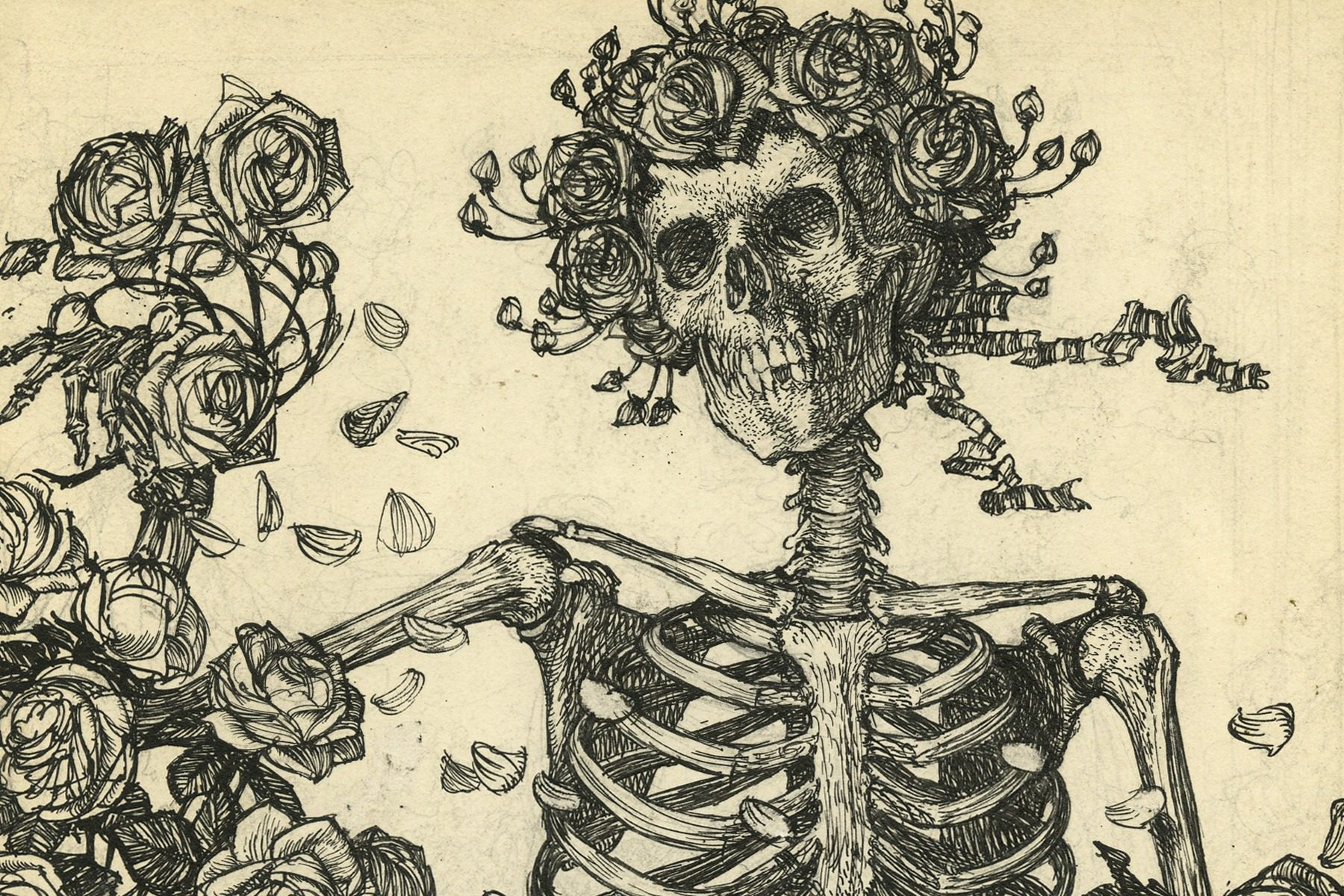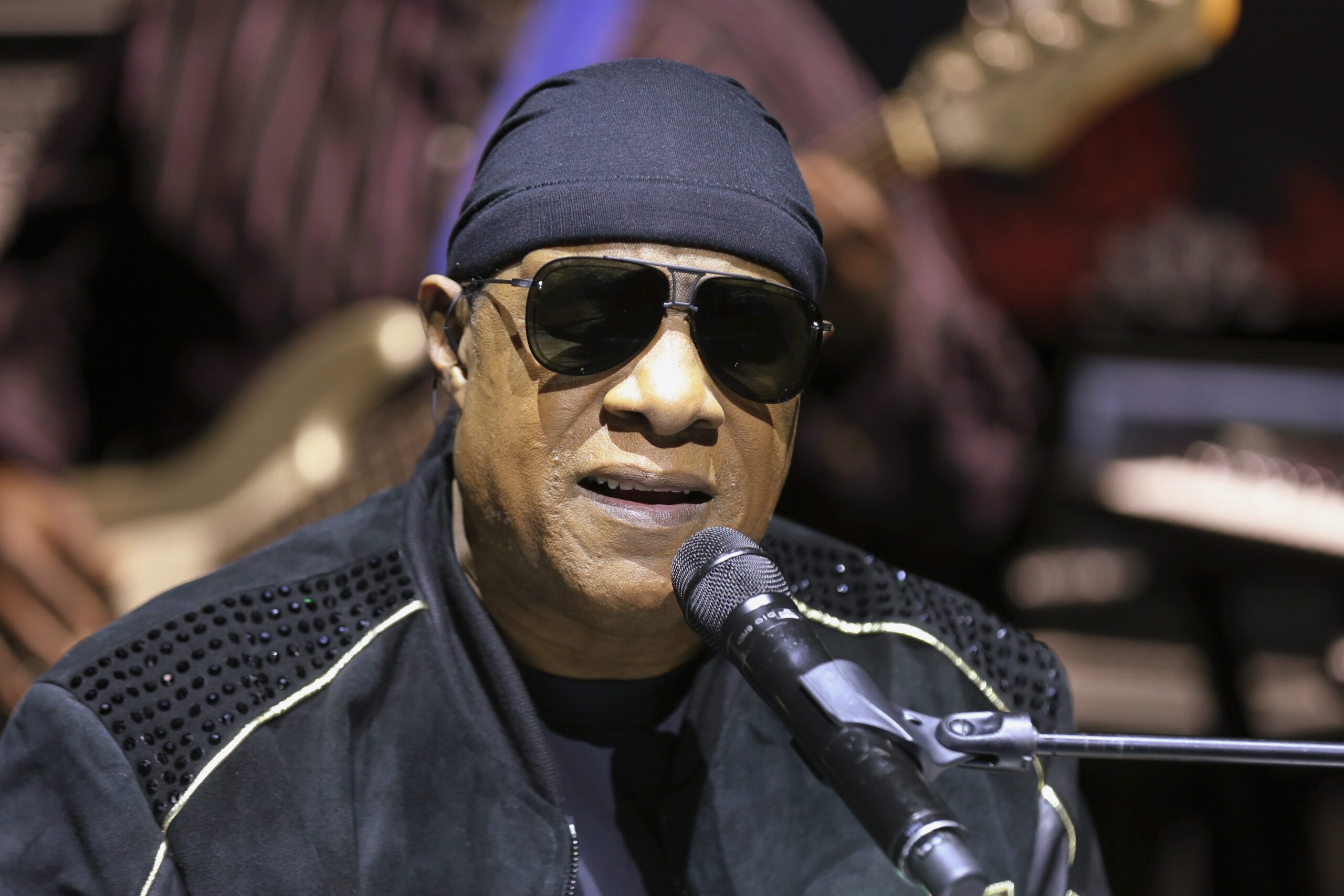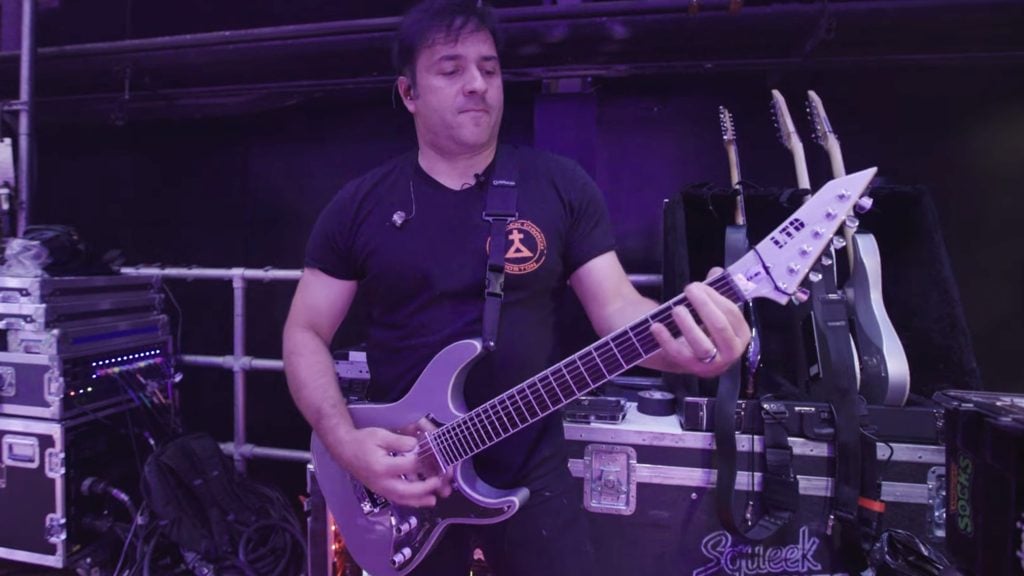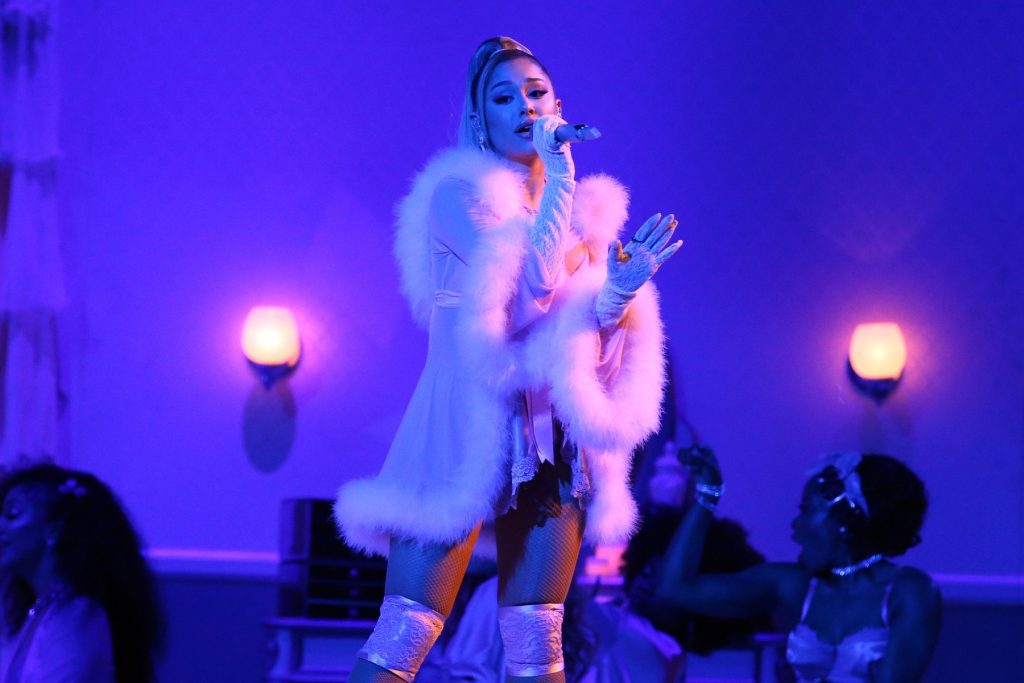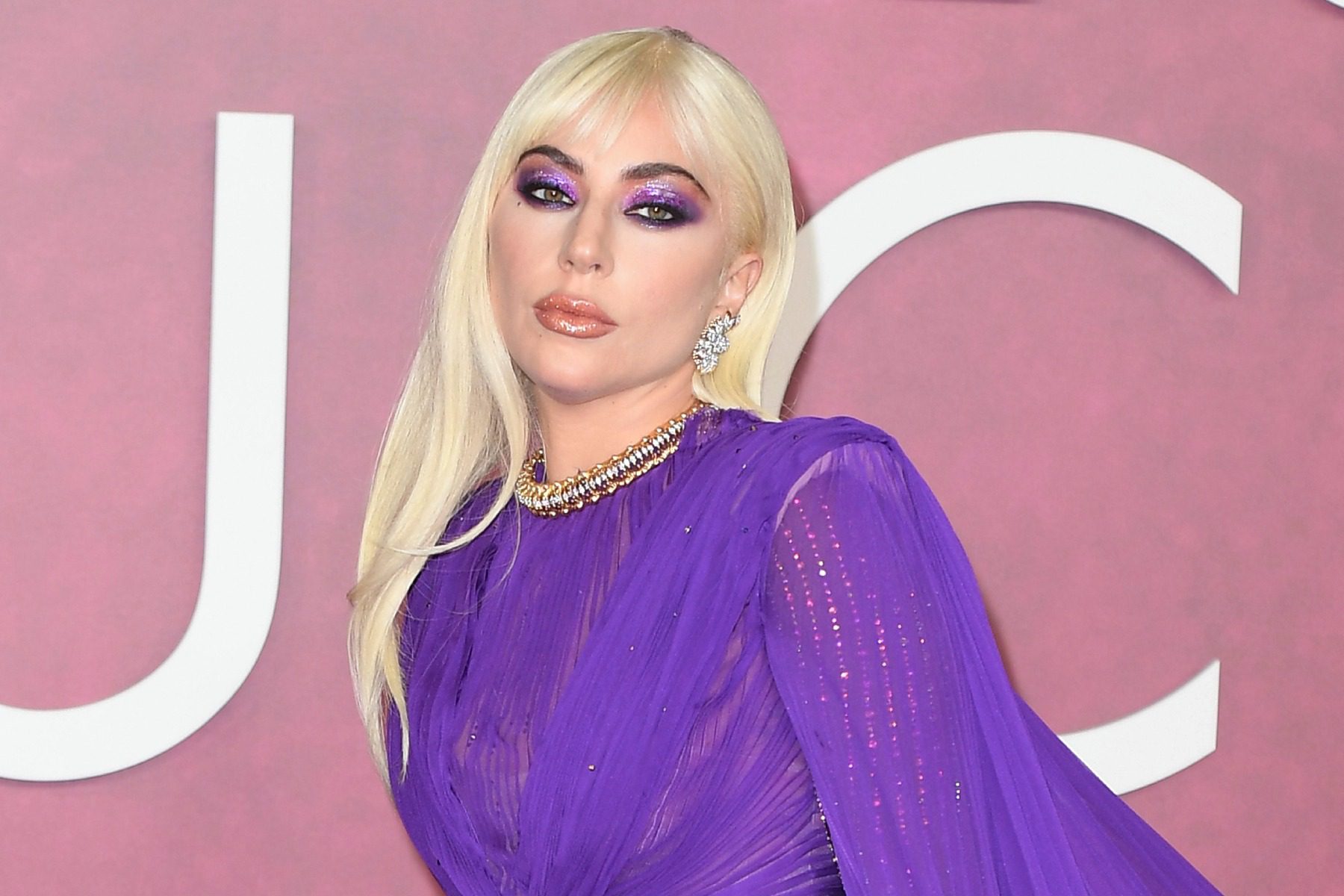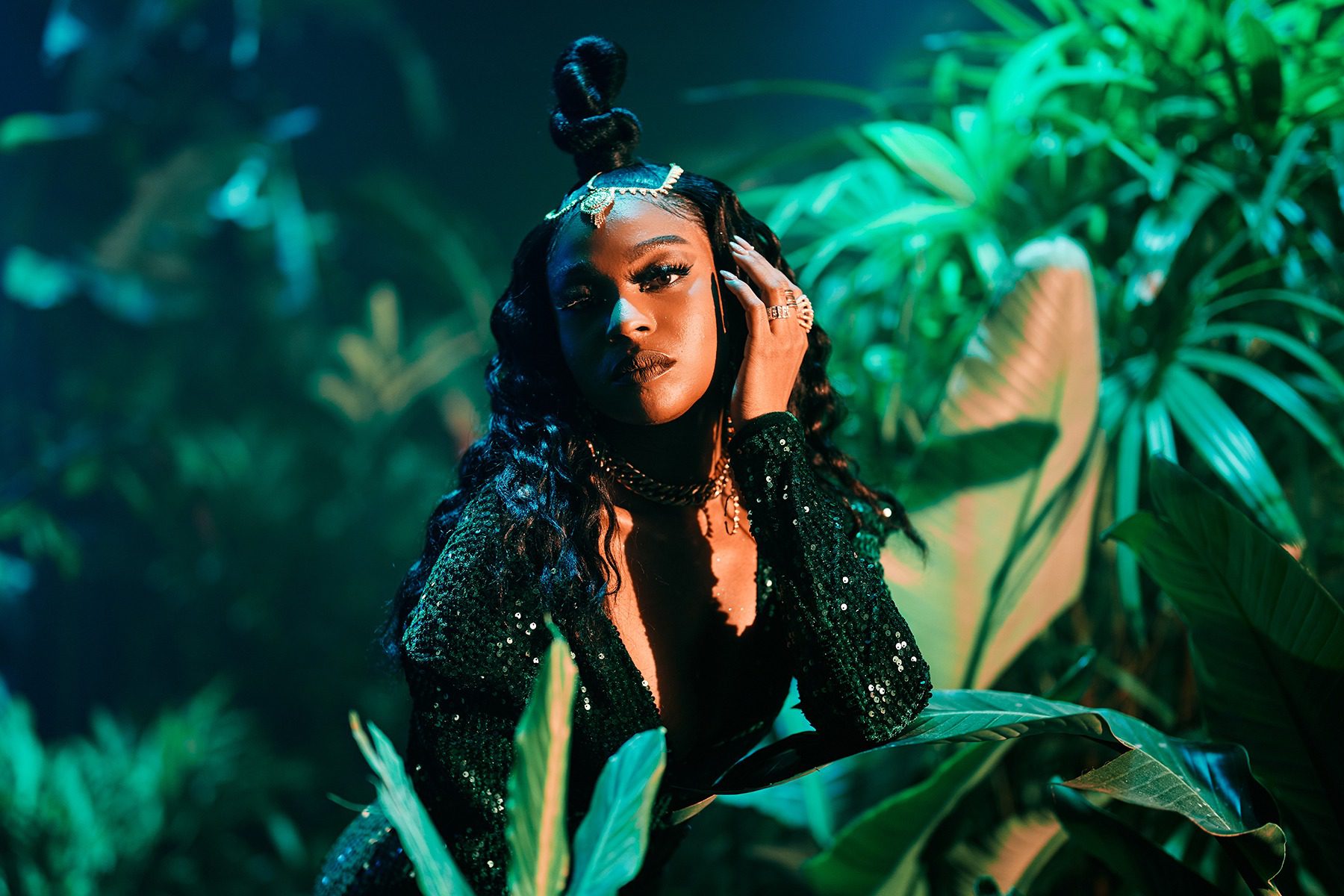
‘It Was a Process That Let Me Spread My Wings’: How ChocQuibTown’s Goyo Found Herself as a Soloist
ChocQuibTown, the Grammy-nominated hip-hop trio from Colombia, is an integral part of who Gloria “Goyo” Martinez is. From the moment she formed the band with her brother Miguel “Slow” Martínez and her husband Carlos “Tostao” Valencia 14 years ago, she’s been an endlessly charismatic frontwoman and a complete powerhouse who’s helped the group reach global acclaim. Her soulful voice and dynamic stage presence have shaped ChocQuibTown’s vibrant, six-album discography, which is full of kinetic fusions that proudly celebrate Afro-Caribbean traditions. “ChocQuib is home,” she says on a recent Zoom call. “The band is where I built all the tools that make me who I am. It’s helped me form my sense of self.”
Goyo has no plans to leave ChocQuibTown; in fact, the trio has new music coming this spring. But in the back of her mind, she has always wondered what her artistry could become outside of the band. Over the last few years, she devoted her time to finding out just that. She assembled a team of the musicians and producers she admired most and started exploring the songs she loved when she was a little girl growing up in the department of Choco, on Colombia’s Pacific coast. “It was a process that let me spread my wings,” she says. “As a composer, as an artist, as a writer, it became really important for me to find my voice and find who I am as a soloist.”
blogherads.adq.push(function () {
blogherads
.defineSlot( ‘medrec’, ‘gpt-dsk-tab-latinx-article-inbody1-uid0’ )
.setTargeting( ‘pos’, [“mid”,”mid-article”,”btf”,”in-article1″] )
.setSubAdUnitPath(“music//latin//article//inbody1”)
.addSize([[300,250],[2,2],[3,3]])
;
});
Her musical journey is laid out in a new HBO special that airs March 4 as part of the concert series En Letra De Otro. It’s both a documentary and a stripped-down live show that traces Goyo’s early life and follows her into the latest chapter of her career. She performs classics by the artists who inspired her as a child — Billie Holiday, Shakira, Joe Arroyo, Tego Calderón — and adds her own spin with arrangements that honor Black sounds. She also shares some of the music she’s recorded as a soloist, including the bouncy new single “Na Na Na.”
Goyo worked on “Na Na Na” with her brother Slow, the rapper Fuego, and Rauw Alejandro’s frequent producer Mr. NaisGai. Goyo says they had a shared connection and bonded specifically over their shared experiences and understanding of Afro-Latinidad. “While I was writing the lyrics, we laughed a lot and got closer, and we started talking about the idea of Wakanda — there’s even a part in the song where I shout each of them out and go, ‘Wakanda!’” she says. They explored Afro-futurism and throwback Michael Jackson songs, and Goyo knew they’d struck something magic when some fellow musicians heard a working version of the track. “A bunch of friends who are rappers came in and they were like ‘Goyo, whoa!’ The energy was super cool, and I felt like I knew in that moment that I wanted this to be the song I introduced myself with.”
When it came to the covers featured on En Letra De Otro, Goyo found ways to make every song feel uniquely her own. “These songs have a world of stories to tell,” she says. “I wanted to show a more intimate side and invite people to this creative place where I had a chance to play and explore the music that has left such an impression on me.” She reworked Shakira’s 1995 acoustic ballad “Antologia” to include a touch of Afrobeats, and on other tracks, she added melodies specifically from her hometown, emphasizing a goal she’s had for her entire career: representing and elevating Black culture.
In addition to making music that honors Black traditions, she’s also been vocal about the discrimination and lack of diversity in the Latin industry. Following the Black Lives Matter movement, Goyo became a leading figure of Conciencia Collective, a group of more than 120 artists and industry figures who teamed up to promote racial justice and equity in music. Goyo says that although there’s more work to be done throughout the industry, she’s proud of the progress the collective has made.
“[These issues] have always come up in a really genuine way for me, because I live these realities as an Afro-Latina artist,” she explains. “I understand the lack of opportunities and the lack of recognition of our culture and our ethnic groups. We’re pluri-ethnic and multi-pluralistic, and all of that is important because, yes, at a musical level, it offers a lot of richness. But day-to-day, at a personal and the purely human level, representation dignifies people. When I talk about my culture, I talk about my predecessors, who new generations need to know about.”
blogherads.adq.push(function () {
blogherads
.defineSlot( ‘medrec’, ‘gpt-dsk-tab-latin-article-inbody2-uid1’ )
.setTargeting( ‘pos’, [“mid”,”mid-article2″,”btf”,”in-article2″,”mid-article”] )
.setSubAdUnitPath(“music//latin//article//inbody2”)
.addSize([[300,250],[300,251],[2,4],[4,2]])
.setLazyLoadMultiplier(2)
;
});
She’s also aware of the impact her own career is having on these new generations. “To stand here and to say ‘I can do something’ is to understand that another little girl from El Choco might feel like she can do something also, because she saw me and knows that if I can do it, so can she.” she says. ” To me, that’s moving, and it’s super-important.”
